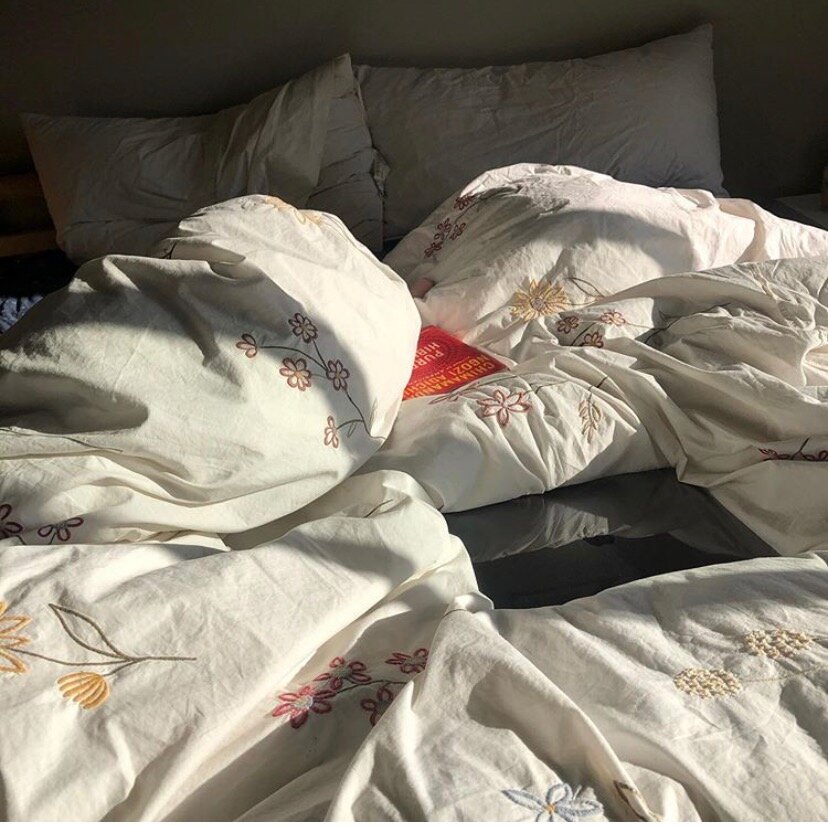
Why Sleeping With Your Phone Near You Can Be Causing Breakouts
by Brina Jeffries
April 24, 2020
While in quarantine, our everyday tasks have become limited to what we can do inside our homes. Naturally, so many of us are now using our phones and computers at an exponential rate with screen time reaching news heights. Although there are so many benefits to theses digital technologies like being able to work from home, online classes for students, and reaching out to loved ones; there are some down sides that the use of our phones can be having upon the health of our skin.
One way your phone can be causing damage to your skin is through the heat generated in the device. Many people sleep with their phones under their pillows and don’t realize that the heat transmitted has the ability to exacerbate hyperpigmentation.
According to an article on allure,com, New York City based dermatologist, Shereene Idriss says that “a recent study has shown an increase in pigment production leading to premature age spots and hyperpigmentation. If you suffer from melasma the heart generated by your phone can actually exacerbate the issue, as it can be a trigger, and lead to uneven patches of hyperpigmentation”.
The simple fix to this is putting your phone on a nightstand or desk where the radiation and heat has less contact with your face. Many use their phones as alarm clocks meaning your phone being close to you is important; but, if you can, try putting your phone somewhere across your bedroom so the heat has no direct contact with your skin.
If you are also someone who sleeps with your phone by your pillow (and not under), the contact between your phone and pillowcase may be transferring onto your face with all the germs that your phone collects every day. Wiping down your phone every couple of days can reduce this transmission and is also just a healthy skincare practice in general!
So the next time you impulsively want to keep your phone in bed with you, DON’T! Remember these alternatives and that your skin is precious and needs to be treated with the utmost care.
Image courtesy of @safinalewis